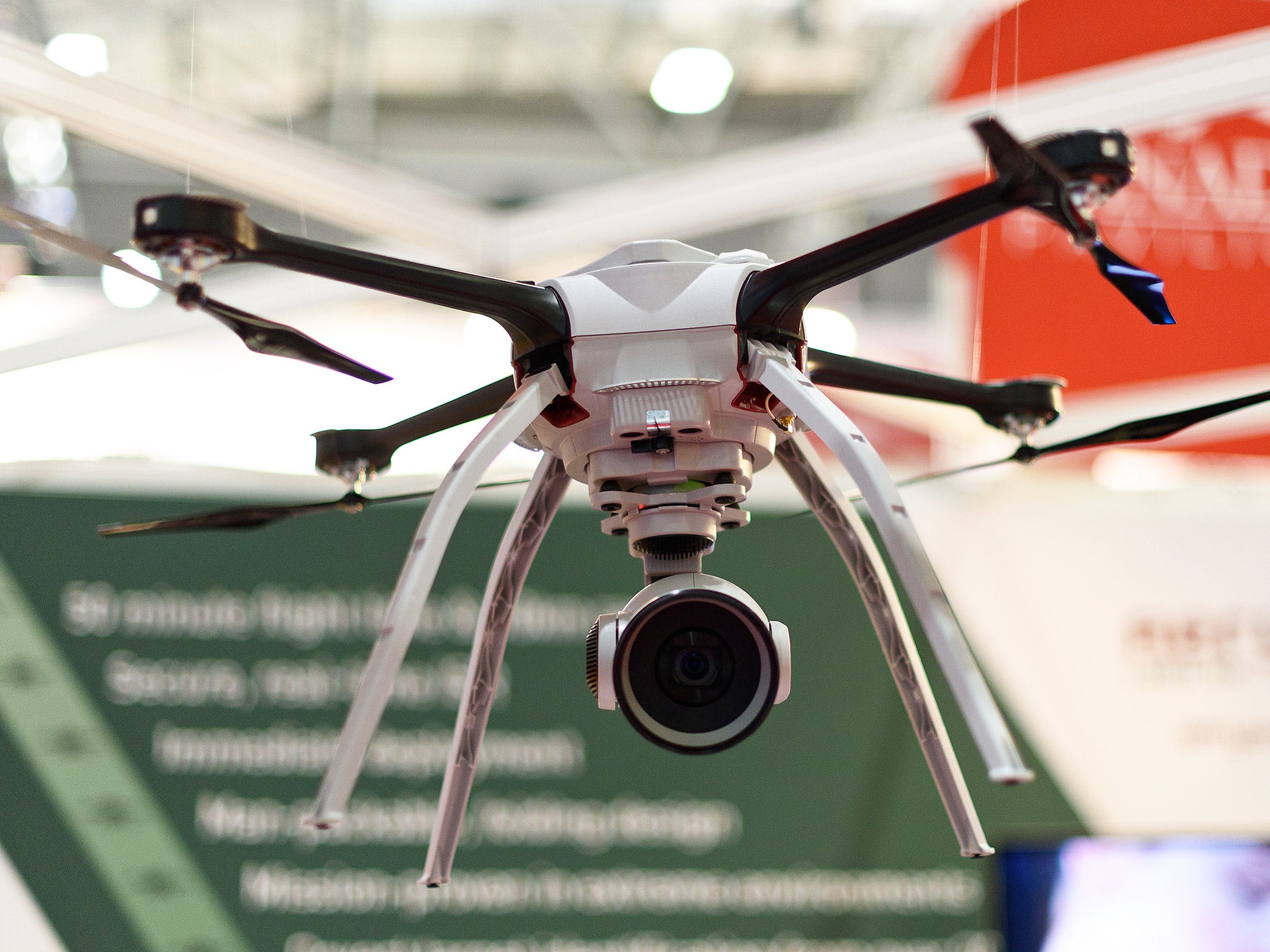Drones: Could a mandatory registration programme prevent a major accident?
We're approaching the first anniversary of a near-miss at Heathrow which carried the following chilling sentence in one news report: "The owner of the drone has never been identified."

As the US Department of Transport signalled its intention this week to implement a mandatory registration programme for drones, some hobbyists began to wail about infringement of civil liberties. "They can take my drone when they pry the controller from my cold, dead fingers," wrote one, in reference to the slogan popularised by the National Rifle Association.
But these drones aren't military grade machines equipped with AMG-114 Hellfire missiles – they're video cameras with wings whose ownership isn't enshrined in the American (or any other) constitution.
Some people will always view the filling in of forms as an attack on their personal freedom, but as governments rush to do something about the lack of accountability for drone ownership that has seen 4kg lumps of whirring metal zoom through the flight paths of jet airliners, it's surely incumbent upon drone owners to assume some collective responsibility. Rather than saying "Well, it's not my drone that's causing the problem – oh, unless my son has been messing about with it... Hang on."
Attempting to legislate against random acts of stupidity is difficult, particularly in the fast-moving world of technology. Jonathan Rupprecht, a Florida-based drone lawyer (yes, there is such a thing) divides stupid drone owners into two groups, the "how high can it fly" group and the "I will fly it wherever I want" group. These groups obviously aren't exclusive to America; we have them in the UK, too, and their membership is set to soar in the lead-up to Christmas.
DJI, one of the main drone manufacturers, is forecast to sell $1bn worth of product in 2015, with a significant proportion of that in the next couple of months; governmental murmurs of concern are now mounting as ministers realise that yet more drones will be flown by idiots. As Baroness O'Cathain tactfully put it not so long ago: "People's understanding of how to use drones safely may not keep pace with people's appetite to fly them."
Legislating against random acts of stupidity is difficult – ‘Don’t be an idiot’ lacks legal clarity
"Don't be an idiot" is an instruction that lacks legal clarity, but the rules are clearly spelled out for British drone owners: keep them within sight (400ft up, 500m radius), 150m away from congested areas and 50m away from any person, vessel, vehicle or structure.
The problem is that there's often no comeback for those who break the rules; we're approaching the first anniversary of a near-miss at Heathrow which carried the following chilling sentence in one news report: "The owner of the drone has never been identified."
Those American drone enthusiasts currently railing against the proposed registration programme are right in one respect: it's far from clear how registration could prevent an accident that could bring down not only a plane, but the entire drone industry.
According to Rupprecht, the solution must come from the manufacturers themselves in the form of geofencing software, which stops drones entering restricted areas. (DJI has already begun to introduce this, but as yet it's not a legal requirement.) Nasa is currently working on a tracking system, but a working prototype isn't due until 2019, leaving time for the stupid to wreak havoc, intentionally or otherwise.
Another solution which might appeal to the NRA-supporting drone enthusiast is the "Anti-drone death ray", announced by three collaborating British firms last month. Loads more drones, loads of aircraft equipped with anti-drone death rays, all locked into a perfect equilibrium of mutually assured destruction? That's got to work. Surely.
Join our commenting forum
Join thought-provoking conversations, follow other Independent readers and see their replies
Comments
Bookmark popover
Removed from bookmarks